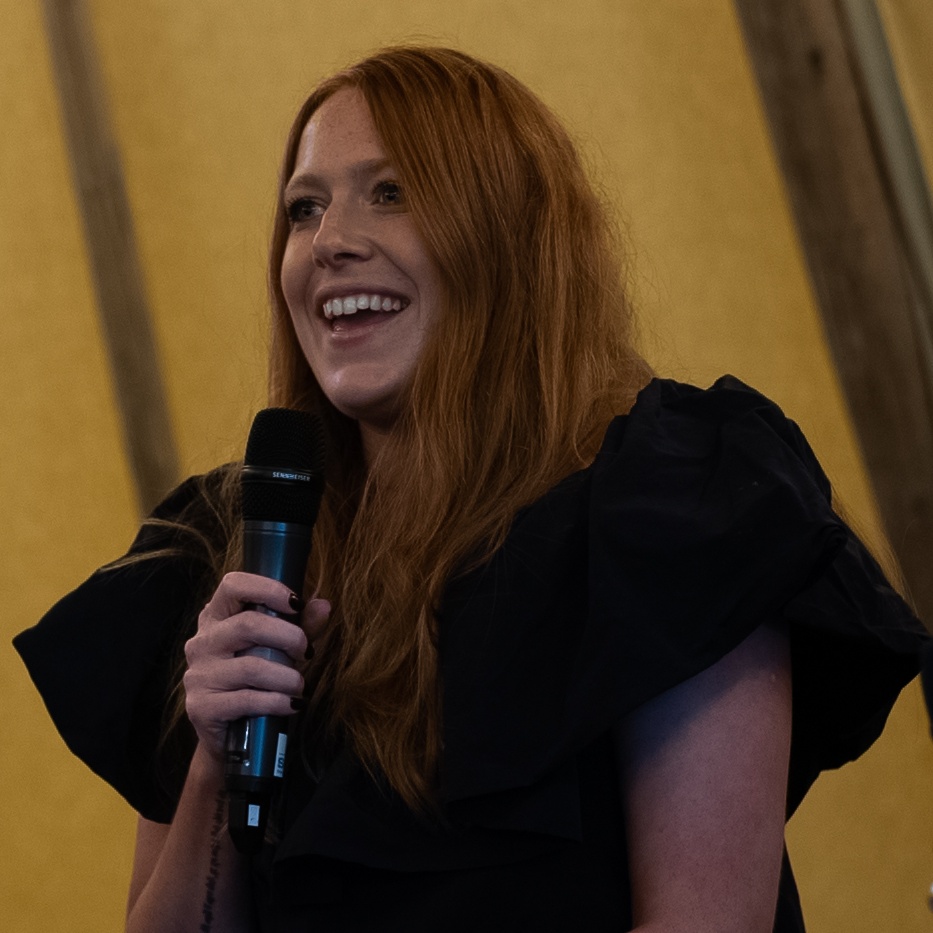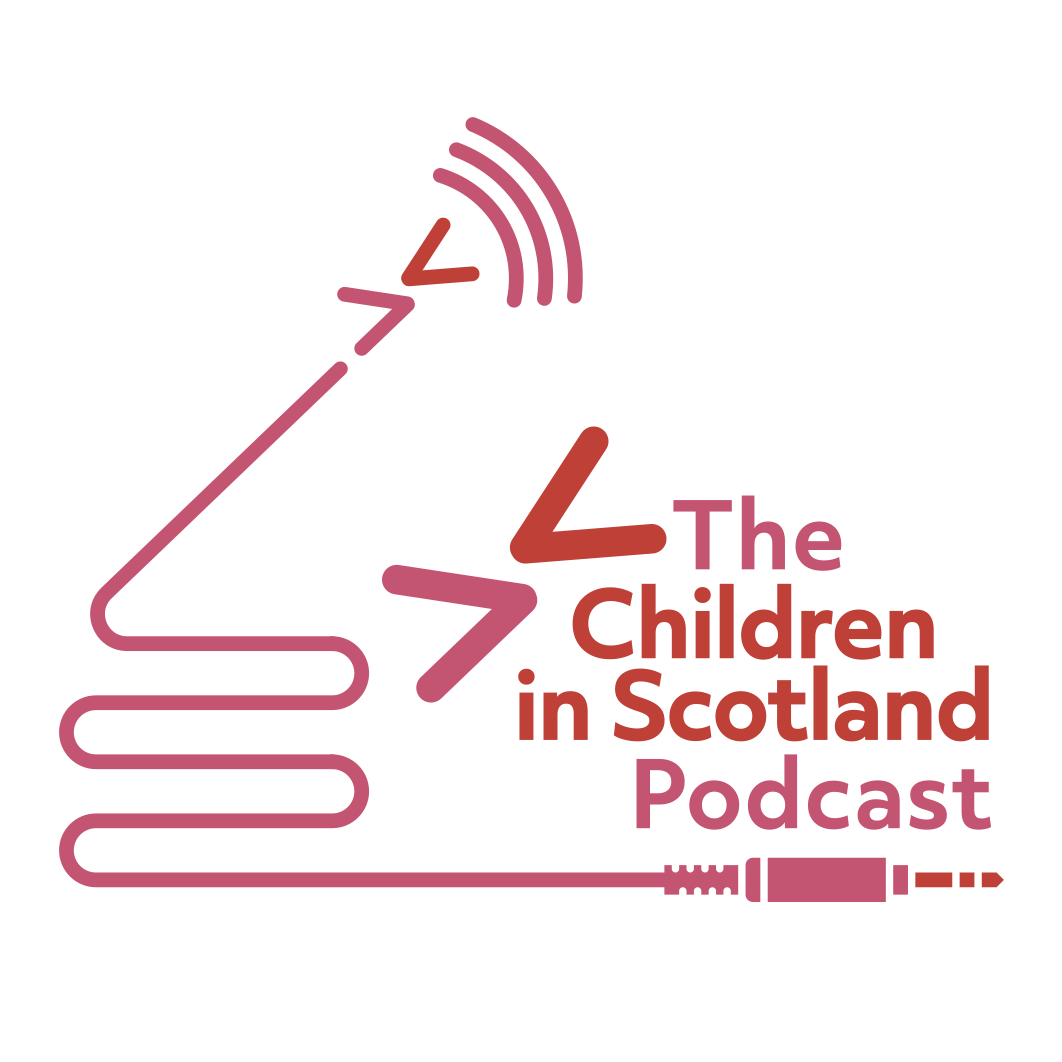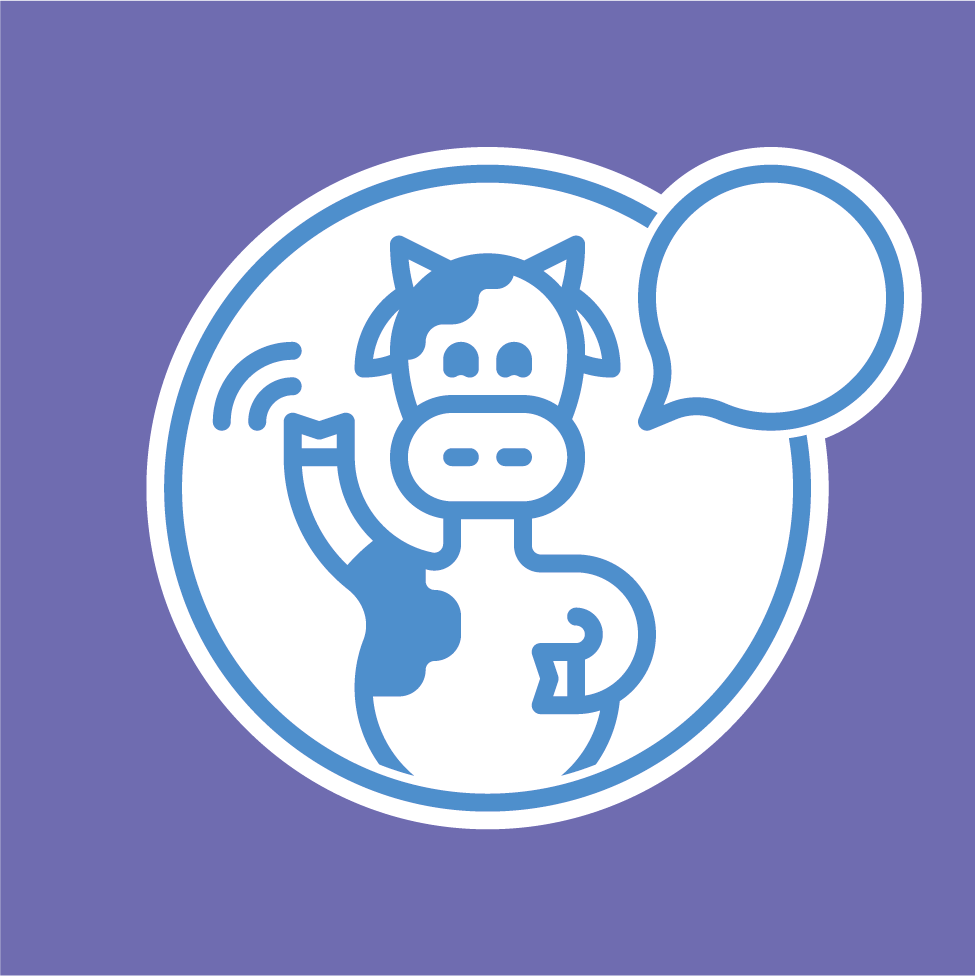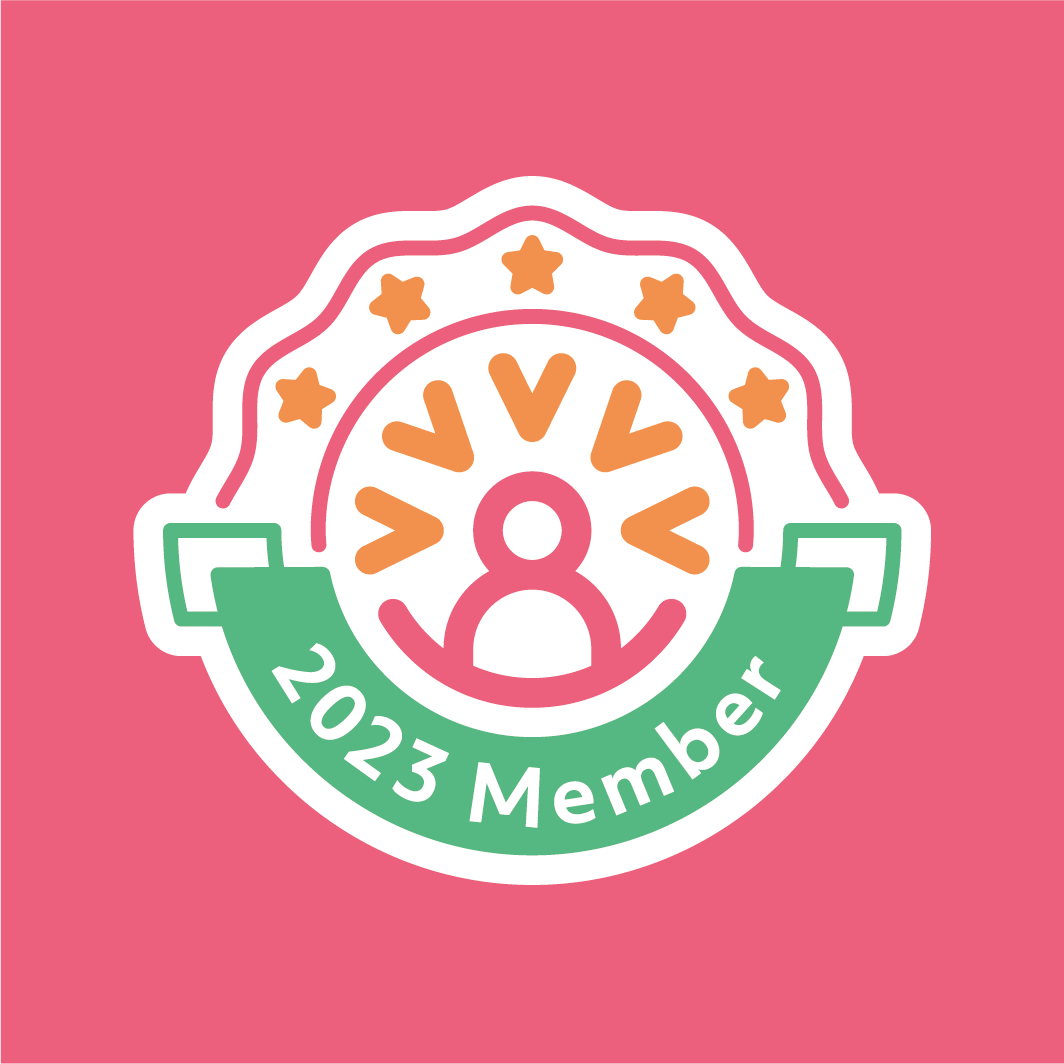Q&A with Kara Brown: “There’s still stigma surrounding mental health, but it’s getting better”
17 May 2023
For Mental Health Awareness Week (May 15-21), Kara Brown, CEO of charity Tiny Changes, discusses some of the barriers faced by young people when it comes to talking about mental health, including stigma, support and stereotypes.
Firstly, can you tell us a little bit about Tiny Changes and the work you do?
Tiny Changes is Scotland's national young people’s mental health charity. We were set up in memory of artist and musician Scott Hutchison, founding member and songwriter of the band Frightened Rabbit. Scott’s family set up the charity after he died by suicide at the age of 36 in May 2018.
Following Scott’s death, the family really wanted to do something to help other people, and they noticed a gap for a national organisation that focused on young people's mental health. Inspired by Scott’s openness and honesty about his own mental health, which he shared through his music and his art and in interviews, it was a natural fit.
The charity’s name, Tiny Changes, comes from one of Scott’s lyrics, and means doing small things that have a big impact.
What is the main focus of Tiny Changes?
We started life as a small grant maker, giving money to individuals, groups and charities that came to us with an idea, but now we want to do more and we have just published our very first strategic plan. Going forward, we really want to provide more support and co-design projects with young people, supporting them to lead the work that we do.
Why is it important to get young people directly involved with leading work on mental health?
We take a human rights-based approach to our work – Article 12 of the UNCRC is one of my favourite human rights, as it's all about recognising that children have opinions, that they've got something to say about everything that affects their lives, and that they have the right to be involved.
Everything we do, whether choosing where we spend our money or making goals for the next few years, involves children and young people, giving them a seat at the table and allowing them to participate.
There's always lot of talk about children and young people, but you don't often hear from young people themselves. In the press, we hear about waiting times for Child and Adolescent Mental Health Services (CAMHS), for example, and we’ll read an opinion from someone in the NHS or the head of an organisation, but you don't always hear directly from children about what they think or what they're experiencing. But it’s all out there – they are on TikTok talking about their opinions and sharing their thoughts.
A lot of people expect conversations with children about serious topics, like mental health, to be a little bit censored or that they will have to explain it in really basic terms – that doesn’t give children enough credit. I've worked with all age groups and, honestly, sometimes they say things that are more insightful than adults!
This week (May 15-21) is Mental Health Awareness Week – do you think stigma is still a big barrier to talking about and understanding mental health?
Stigma does still exist, but it has gotten better, specifically around depression and anxiety. However, some diagnosis and experiences are still so stigmatised and misunderstood, particularly personality disorders, OCD, schizophrenia, anything to do with psychosis, and other mental illness within and after pregnancy.
Young people themselves have told us that we need to address stigma and self-stigma as well, which includes being hard on yourself when you’re not well, keeping quiet and not asking for help.
There’s still so much work to be done, but we’re positive that it can get better. If you think back just a few years, people didn't really talk about these issues, so it’s encouraging to see that change. My worry is that some mental health conditions are slightly more ‘palatable’ or ‘trendy’ to talk about and they're not considered as ‘scary’ somehow as other illnesses. It's so important that we reduce stigma and increase understanding so that everybody experiences less stigma and not just some people – and there’s still a way to go.
What are the challenges young people face when accessing support and care for mental health?
Mental health is often (but not always) an invisible illness, which does add a barrier to care, especially when compared to illnesses with physical symptoms.
So many people, who are in decision-making positions around healthcare, would love to fix the barriers to accessing support, but it’s just not that straightforward. There's a lot of pressure and constraints within the Scottish Government’s budget itself, and although I think anyone would agree that mental health doesn't get anywhere near as much funding as physical health does, it’s not as simple as moving money from one pot to another.
That’s not to say we are without hope. We're at the beginning of the discussion changing around mental health, and it’s becoming an issue that people really take seriously. It will change, but maybe not fast enough so that everyone can get access to the support they need when they need it. Until that change, we need to be innovative and come up with other ways of supporting young people.
Children in Scotland’s Mental Health Conference 2023 - Digging Deeper: Intersectional approaches to inclusive mental health, is on Tuesday 30 May at Queen Margaret University, Edinburgh.
Click here for more information and tickets: www.childreninscotland.org.uk/learning/childrens-mental-health-conference-may-2023

About the author
Kara Brown is CEO of tiny Changes, a charity working to improve understanding of children's mental health
Click here for more
The Children in Scotland Podcast
Explore previous episodes that discuss issues across the sector and beyond
Click here to access
Changing our World
Find out more about our children and young people's advisory group and its work and aims
Click here for more
Our Vision and Values
Find out more about the vision and values that guide everything we do to support children and families
Click here to find out moreReach
The website for young people offers advice and support on accessing their rights
Click here to accessOur learning programme
Find out more about our programme of conferences, webinars, commisisoned training and more
Click here for moreEnquire
Find out more about Enquire, the Scottish advice service for additional support for learning
Visit the website
Our membership offer
Be part of the largest national children's sector membership organisation in Scotland
Click here for more